
Dental Implant in Turkey
Dental implant is one of the most frequently used methods in recent years to complete missing teeth. This method, also known as dental implant, can be shown as an advanced alternative to bridge and dental prosthesis applications, which were used much more widely in the past years. The implant application, which stands out in dental treatments with the development of technology, is very important in terms of providing an aesthetic appearance on the teeth, facilitating daily life and positively affecting oral health.
What is Dental Implant?
Dental implant is the process of placing screws prepared using titanium materials into the tooth roots and fixing the prosthetic teeth to be used with the help of these screws. Among the advantages of dental implant is that it is a procedure that can only be applied to areas with missing teeth. During dental implant treatment, other intact teeth do not need to be cut or undergo other procedures. Therefore, dental implant treatment can only be applied to areas with missing teeth.
In Which Situations Is Implant Dental Treatment Applied?
Dental implants are a widely used treatment option to replace or support missing teeth. Implant application may be suitable for the following conditions:
- If the bone in the area where the implant will be placed is sufficient, a dental crown can be applied by placing an implant instead of the missing tooth.
- If more than one tooth is missing, fixed or removable prostheses can be made using implants. Fixed prostheses are provided by screwing into implants and are more comfortable and functional than removable prostheses.
- Successful results can be obtained by using implants in the treatment of defects in the jaw and face area, whose aesthetic appearance needs to be corrected.
- Lack of teeth can lead to melting of the jawbone over time. If jawbone resorption has occurred, bone grafting may be required before proceeding to implant treatment.
- For patients who do not want to use removable prostheses, implants can offer a more comfortable and convenient alternative. Therefore, implants can be an ideal solution for these patients.
These applications offer an effective treatment option for solving tooth loss problems and achieving aesthetically satisfactory results.
To whom is implant dental treatment applied?
Dental implant treatment is a procedure that can only be applied to people who have completed their jaw, face and bone development. The person to receive implant treatment must be over the age of 18, dental implants cannot be applied to individuals in the developmental age.
Some criteria are also taken into consideration when applying dental implants to adults. With the help of X-rays taken before this treatment, it is determined whether dental implant treatment can be performed. In individuals with some chronic diseases, dental implant treatment can be performed under the following conditions:
- In order for dental implant treatment to be applied to people with diabetes, the sugar level must be in a certain order.
- Individuals with osteoporosis should have undergone treatment before dental implant application.
- People who use blood thinners must have stopped these medications under the supervision of a physician for a certain period of time before dental implant treatment.
A good candidate should have the following:
- Health gums
- Strong bone structure
- Sufficient bone density
- One or more missing teeth
- Healthy oral tissues
Am I a Suitable Candidate for Implant Dental Treatment?
Implant dental treatment is often a suitable solution for individuals with tooth loss and can be applied in various situations. The situations where implant dental treatment is applied are as follows:
- If one or more teeth have been lost, implants can be used to replace missing teeth. This can take different forms, ranging from single tooth implants to implant bridges that fill complete tooth deficiencies.
- In the treatment of decayed or damaged teeth
- When excessive wear of the teeth occurs, implants can improve dental function and aesthetics by supporting the structure of the teeth.
- Implants can be used to provide support for dental bridges.
- In case of complete edentulism
- Implants can be used for a more robust and stable retention of prosthetic teeth.
- People who improve their smile due to aesthetic concerns may prefer implants to make their teeth more natural and attractive.
How is Implant Dental Treatment Applied?
Before starting dental implant treatment, your dentist will perform your first examination and perform the necessary examinations. Thanks to our state-of-the-art Tomography devices, it is evaluated whether your mouth and jaw structure is suitable. For these evaluations, tomographic data are obtained with 3D imaging.
Your general health condition is also taken into account in this process and necessary examinations may be requested. After your suitability for implant treatment is determined as a result of these examinations, the areas to be implanted are determined by your dentist.
Your dentist will inform you about the most suitable implant for your jaw structure. In addition, he/she informs you in detail about the approximate duration of the procedures, the things to be considered before and after the operation, and price information.
Implant placement surgery can be performed under local anaesthesia or general anaesthesia. You can decide which method will be applied together with your physician.
If you have problems such as bone loss or bone insufficiency caused by gum disease, bone grafting can be applied to bring the bone tissue density of the implant placement area to the bone tissue density.
After the implants are placed, it is important to wait for the bone healing process. This process usually takes about 3 months on average. During this time, your physician may ask you to come for several check-ups to ensure that the implants are properly fused.
At the end of the waiting period, your dentist will give you an appointment for measurements and fittings of your implant prostheses. The implant prostheses you have approved will be fitted at the last appointment and your treatment will be completed.
The stages of implant treatment are as follows:
- Implant Screw Placement in the Jawbone: Firstly, a canal is opened in the area where the missing tooth is located and implant screws are placed in this canal. A connector, known as a dental abutment, is placed over the implants to hold and support the implant-top ceramic crowns (veneers).
- Fitting the Implant Crown: After the completion of the first stage and after a waiting period of approximately 3 months, the implants are firmly in place and fused to the bone. During this waiting period, the implant crowns are prepared according to the patient’s mouth structure and tooth positions and finally the process is completed by placing the crowns on the implants.
What are the Types of Dental Implant Treatment?
Dental implant treatment involves replacing missing teeth with artificial tooth roots made of biocompatible materials like titanium, onto which replacement teeth are mounted. There are several types of dental implant treatments based on various factors, including the number of teeth being replaced, the condition of the jawbone, and the patient’s overall oral health. Here are the main types of dental implant treatments:
Endosteal Implants
Endosteal implants are the most common type of dental implant. These implants are surgically placed directly into the jawbone and provide a solid foundation for the installation of artificial teeth. Endosteal implants are extremely durable and are widely used in single tooth replacements or as anchors for dental bridges and dentures.
Subperiosteal Implants
Subperiosteal implants are placed on or above the jawbone, but below the gum tissue. Unlike endosteal implants, subperiosteal implants are suitable for patients with insufficient bone height. They consist of a metal frame that adheres to the bone and securely supports the artificial teeth.
Zygomatic Implants
Zygomatic implants are an alternative for individuals with significant bone loss in the upper jaw. These implants are attached to the zygomatic bone (cheekbone) to provide a stable base for dental prostheses, especially in cases where normal implants cannot be applied due to insufficient bone density.
Full mouth dental implants
Full mouth dental implants, also known as full arch dental implants or implant-supported dentures, involve replacing an entire arch (upper or lower jaw) of missing teeth. This comprehensive approach restores the entire set of teeth using multiple implants to support a fixed or removable prosthesis.
Multiple tooth implant
Multiple dental implants involve the placement of implants to support dental bridges or partial dentures, replacing multiple missing teeth within a given dental arch. This approach provides a reliable and permanent solution to restore functionality and aesthetics.
All on 4 dental implants
The All-on-4 dental implant technique uses four strategically placed implants to support a full arch bridge, providing stability and functionality comparable to natural teeth. It is an effective and cost-effective solution for the replacement of a full set of teeth.
Implant restoration
Implant restoration involves placing crowns, bridges or prostheses on dental implants, completing the dental implant procedure and restoring the appearance and functionality of natural teeth.
Mini dental implants
Mini dental implants are smaller in size compared to standard implants. They are used when there is limited bone or space and often act as stabilisers for removable dentures or bridges.
Denture stabilisation
Denture stabilisation involves the use of dental implants to fix and stabilise removable prostheses such as dentures. This improves comfort and confidence while minimising the problems associated with traditional removable appliances.
What are the Advantages of Dental Implant Treatment?
Implant dental treatment has provided a significant improvement in the treatment of tooth deficiencies with advancing technology. This method, which has a long-term success rate of 97 per cent, has a number of advantages:
- Aesthetically, it offers a very similar appearance to natural teeth. In this way, it provides a use and aesthetics that are difficult to distinguish from other teeth.
- It eliminates the need for removable prosthesis.
- Quality implants can be used for a lifetime with good care.
- Implant teeth function like natural teeth and do not cause any difficulty in nutrition or dental care.
- It provides normal chewing sensation and maintenance is quite simple.
- Cleaning your implant teeth by brushing and flossing is as easy as cleaning your main teeth.
- It gives a sense of self-confidence and offers an aesthetic smile.
- Neighbouring teeth are not damaged during the procedures; only the relevant tooth is treated.
- In dental implants, no extra material or material is required to hold the dentures in place.
- In essence, the implant carries the load of dental prostheses like a real tooth root, offering an extremely natural and healthy chewing sensation, speech and appearance.
Therefore, implant dental treatment is one of the most suitable methods for the treatment of tooth deficiencies.
Considerations for Dental Implant Treatment
Before Implant Treatment:
- Ağız sağlığınızı, kemik yoğunluğunuzu ve diş implantlarına uygunluğunuzu değerlendirmek için nitelikli bir diş hekimi veya ağız cerrahı ile bir konsültasyon planlayın.Tıbbi geçmişinizi, mevcut diş rahatsızlıklarınızı, ilaçlarınızı ve alerjilerinizi tartışın.
- Kemik yapısını değerlendirmek ve implant yerleşimini doğru bir şekilde planlamak için röntgen, BT taramaları veya 3D görüntüleme gibi gerekli görüntülemeleri yaptırın.
- Request a personalised treatment plan, including the number of implants needed, type of implant and overall treatment cost
- Ensure good overall health, including proper management of chronic conditions, such as diabetes, that may affect the success of the implant procedure.
- Quit smoking as it can interfere with the healing process and the success of the implants
During Implant Treatment:
- Follow the pre-operative instructions regarding fasting, medications and anaesthesia given by the dental team.
- Be prepared for the surgical implant procedure, which involves placing the implants in the jawbone.
- Follow postoperative care instructions, including prescribed medications, dietary changes, and proper oral hygiene practices.
- Attend follow-up appointments as scheduled for monitoring and aftercare.
- Allow sufficient time for the implants to integrate with the bone (osseointegration) before proceeding to the restoration phase.
- Rest and avoid strenuous activities to promote healing and minimise complications.
After Implant Treatment:
- Work with your dental team to design and create custom prostheses (crowns, bridges or dentures) to be attached to the implants.
- Maintain excellent oral hygiene by brushing and flossing regularly and using antimicrobial mouthwash.
- Attend routine dental checkups and professional cleanings to monitor implants and overall oral health.
- Follow a soft or modified diet during the initial healing phase and gradually transition to a regular diet as recommended by your dental team.
- Avoid habits that can potentially damage implants, such as teeth grinding or using teeth as tools.
- Consider your dentist’s recommendations to support the longevity and health of the implants.
- Keep in regular contact with your dental team for follow-up appointments and evaluations to ensure the implants remain in optimal condition.
Why Should I Have a Dental Implant in Turkey?
Opting for dental implants in Turkey offers a compelling blend of high-quality healthcare, experienced dental professionals, and cost-efficiency. Turkey has earned a reputation for providing world-class dental care at significantly lower costs compared to many other countries. The country boasts state-of-the-art facilities, skilled implant surgeons, and adherence to international standards. Moreover, choosing dental implants in Turkey allows you to combine the dental procedure with a unique travel experience, exploring the rich culture and historical sites that the country has to offer. This combination of superior dental expertise, affordability, and a captivating travel experience makes Turkey an attractive destination for dental implant treatments.
Dental Implant Cost in Turkey
The cost of dental implants in Turkey is notably competitive and appealing to international patients. On average, a single dental implant in Turkey can range from $600 to $1,500, depending on factors like the clinic’s location, the surgeon’s expertise, and the type of implant used. This cost is significantly lower compared to many Western countries, making Turkey an attractive destination for those seeking affordable yet high-quality dental implant procedures. Patients can expect to receive top-notch care in modern facilities equipped with the latest technology, all while enjoying cost savings and the opportunity to explore the beauty and culture of Turkey.
You can contact Esteworld to get detailed information about 2023 implant prices in Turkey. Meet Esteworld’s expert dentists and get the smile you want.
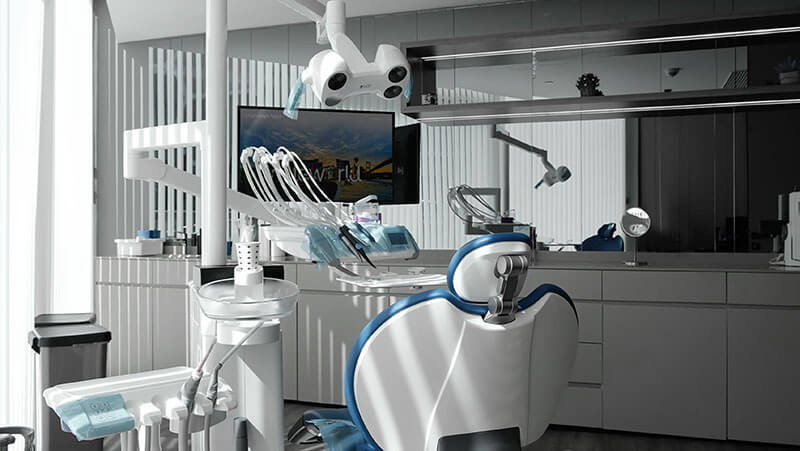
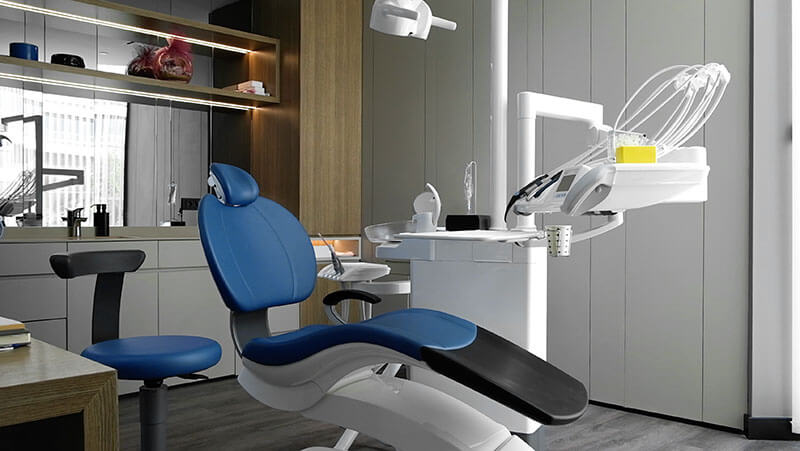
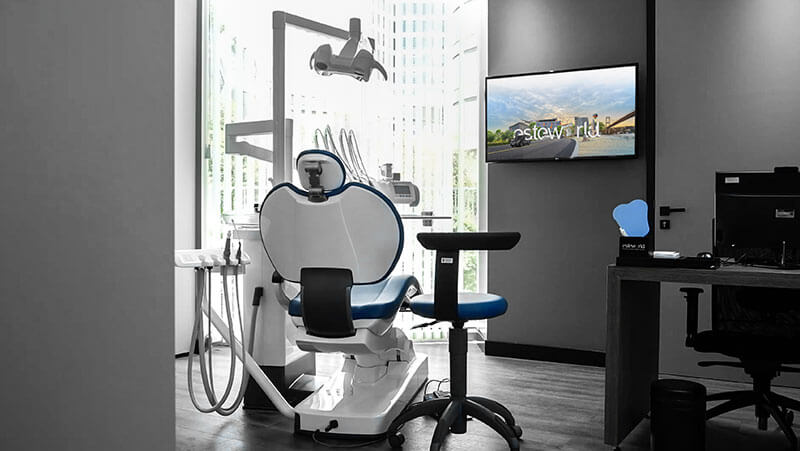
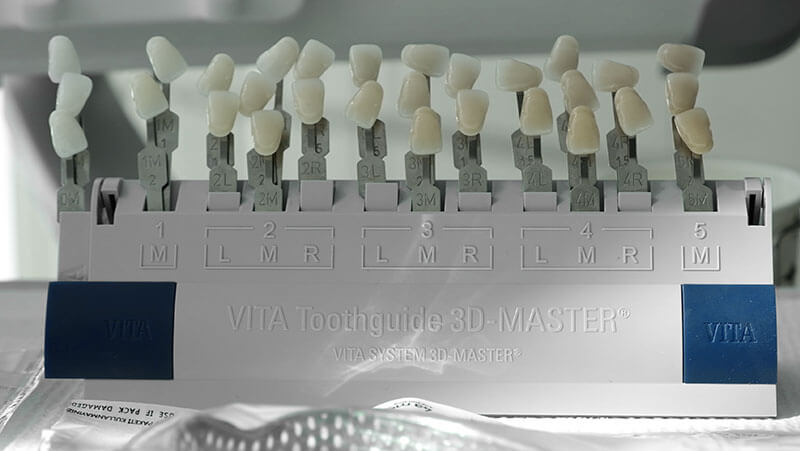
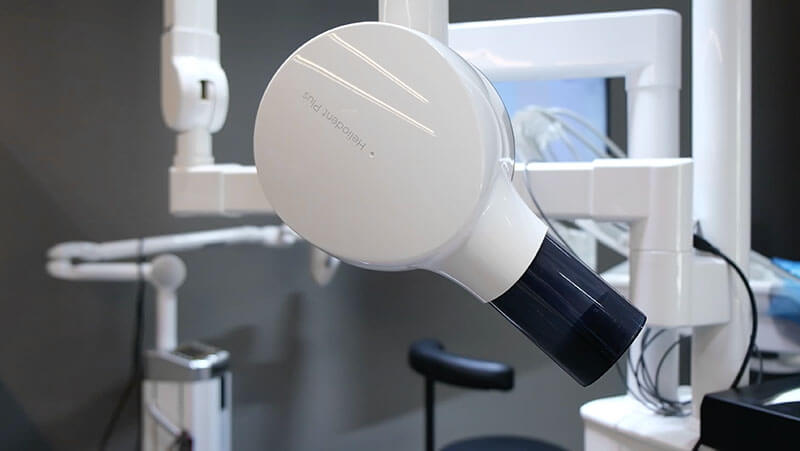
Ask Our Experts!
To ask all your questions and get detailed information, you can leave your contact information by clicking the button below. Our experts will call you as soon as possible.
